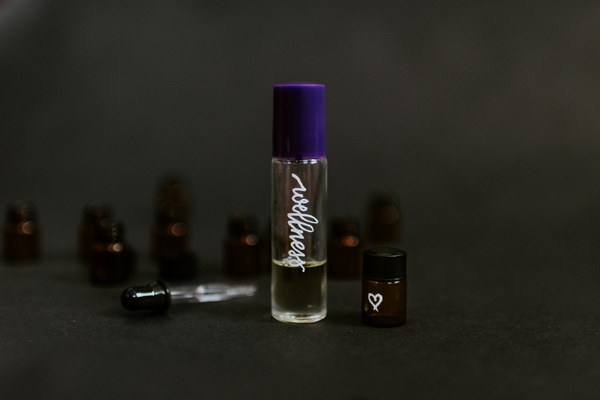Enhancing Liver Function The Role of Chemotherapy Liver Protective Drugs
Chemotherapy, a pivotal treatment for cancer, has been instrumental in extending the lives of countless patients. However, it is not without its side effects. One of the most common and concerning side effects of chemotherapy is liver damage. To mitigate this issue, chemotherapy liver protective drugs have been developed. This article delves into the significance of these drugs and their role in enhancing liver function during chemotherapy.
Chemotherapy, while effective in destroying cancer cells, can also harm healthy cells, including those in the liver. The liver is responsible for filtering blood, metabolizing drugs, and producing essential proteins. When chemotherapy drugs are administered, they can overwhelm the liver's capacity, leading to liver damage and dysfunction. This, in turn, can result in a range of complications, such as jaundice, nausea, and fatigue.
Chemotherapy liver protective drugs aim to minimize the damage to the liver caused by chemotherapy. These drugs work by either directly protecting liver cells from the harmful effects of chemotherapy or by enhancing the liver's ability to repair itself. There are several types of chemotherapy liver protective drugs available, each with its own unique mechanism of action.
One of the most commonly used chemotherapy liver protective drugs is s-adenosylmethionine (SAMe). SAMe is a natural compound found in the body that plays a crucial role in various biochemical processes, including liver detoxification. By increasing the levels of SAMe in the liver, chemotherapy liver protective drugs can help improve liver function and reduce the risk of liver damage.
Another type of chemotherapy liver protective drug is N-acetylcysteine (NAC). NAC is a precursor to glutathione, a powerful antioxidant that helps protect liver cells from oxidative stress. By increasing glutathione levels, NAC can help reduce liver damage and enhance liver function.
Milk thistle is yet another popular chemotherapy liver protective drug. Milk thistle contains a compound called silymarin, which has been shown to have antioxidant and anti-inflammatory properties. By protecting liver cells and promoting their regeneration, milk thistle can help maintain liver function during chemotherapy.

The use of chemotherapy liver protective drugs has been associated with several benefits. Firstly, these drugs can help reduce the risk of liver damage and its associated complications, such as jaundice and fatigue. Secondly, they can improve the overall quality of life for patients undergoing chemotherapy by reducing the severity of side effects. Lastly, by enhancing liver function, these drugs may also improve the effectiveness of chemotherapy by allowing higher doses to be administered without increasing the risk of liver damage.
It is important to note that the use of chemotherapy liver protective drugs should always be under the supervision of a healthcare professional. While these drugs can be beneficial, they may also interact with other medications or have side effects of their own. Therefore, it is crucial to consult with a healthcare provider before starting any new treatment.
In conclusion, chemotherapy liver protective drugs play a vital role in enhancing liver function during chemotherapy. By reducing the risk of liver damage and improving the overall quality of life for patients, these drugs have become an essential component of cancer treatment. As research continues to evolve, we can expect to see even more advanced chemotherapy liver protective drugs that will further improve the outcomes for cancer patients.









